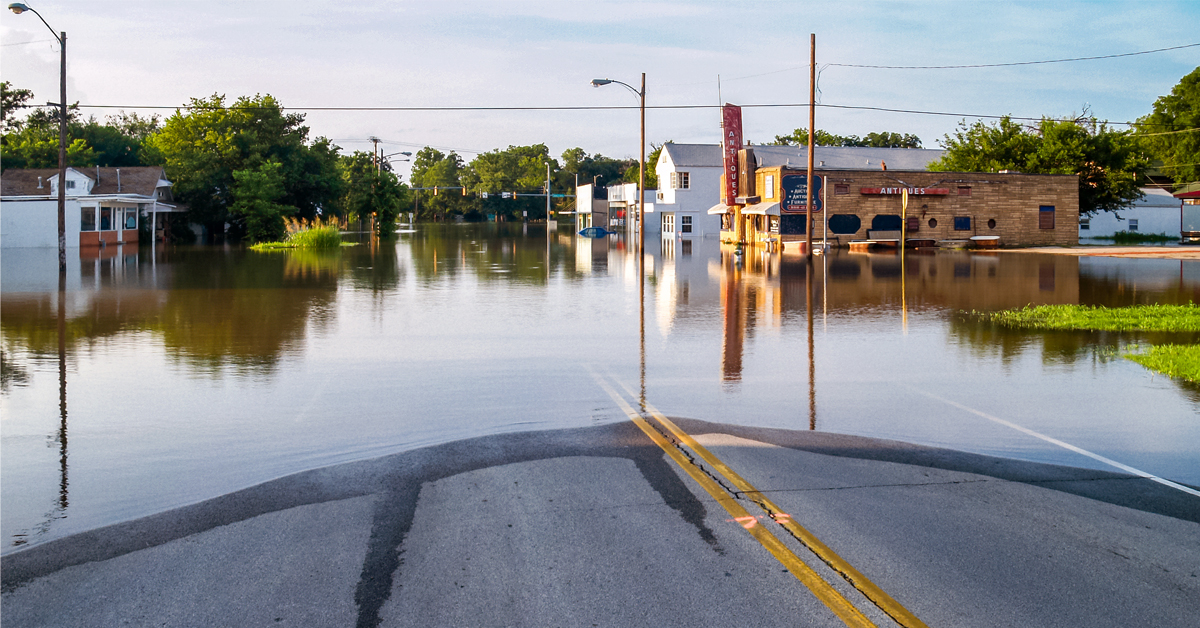
Québec has seen record flooding in recent years. In addition to causing property damage and psychological impacts, flooding can pose a significant health risk, particularly due to contamination of drinking water sources. Professor Geneviève Bordeleau of the Institut national de la recherche scientifique (INRS) is leading a research project to better protect communities and boost their resilience by enabling them to manage vulnerable drinking water sources more effectively in the event of flooding.
Professor Bordeleau, fellow INRS professor Karem Chokmani, the company Géosapiens, and Professor Roxane Lavoie from Université Laval are collaborating on the project. Together, they are developing a decision-making tool that could eventually be used throughout Québec. It is one of three projects funded by the Réseau Inondations Intersectoriel du Québec (RIISQ), in a joint initiative with Ouranos.
Professor Bordeleau, an expert in isotopic geochemistry, notes that the risk of drinking water contamination in an area depends on very specific conditions. The underground drinking water source must be located near a contaminated stream from which water seeps into the source during a flood. Infiltration can occur directly from the surface or indirectly through groundwater.
“Although construction standards for drinking water wells in Québec are designed to protect water quality, several factors can increase the risk of water contamination locally,” said Professor Bordeleau.
Risks by sector
The research team will collect public data from different sources as well as conducting field work. The resulting data will be used to develop a methodology for spatially assessing risk.
“We will test this approach in several small study areas with varying social and geographic contexts, types of water supply, and potential contaminants,” explained Professor Bordeleau.
This research will enable Québec to take steps to reduce health risks by better protecting water quality in catchment areas affected by flooding.


